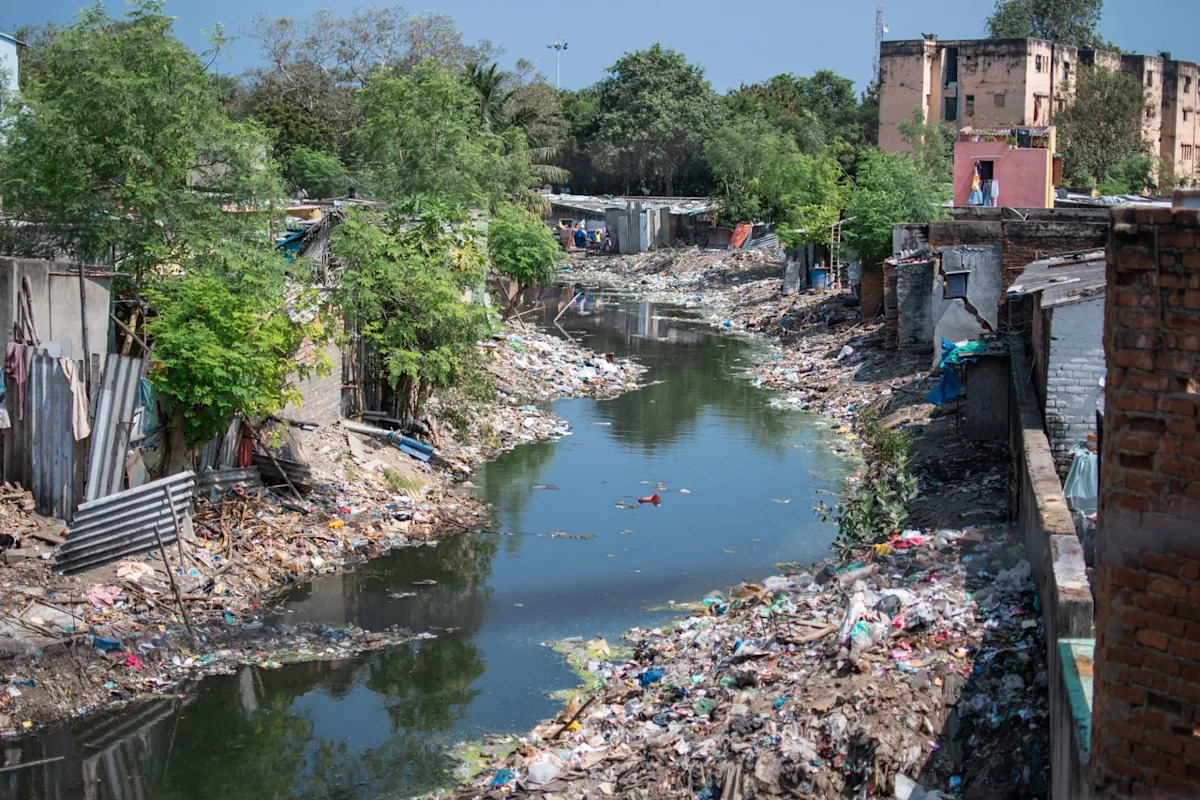The tragic death of a decades-old softshell tortoise from apparent plastic pollution has sparked outrage online, led by a passionate wildlife enthusiast decrying the lack of support and action.
What’s happening?
Wildlife enthusiast Debabrata Gogoi Duwari shared images of a softshell tortoise found in the Yamuna Canal in Sivasagar, India, among plastic and other waste, according to Northeast Now.
“The condition of historic Yamuna in Sivasagar canal is heartbreaking,” he wrote, noting that the tortoise species is “100% indigenous” and has been in the area for hundreds of years.
Another environmentalist, Devajit Saikia, also highlighted that beautification projects in the region are failing, leading to the loss of migratory birds and degradation of the wetlands.
Northeast Now noted that the waterway has not only faced loss of biodiversity because of pollution, but also a decline in respect for its historical significance to locals, who believe it served as the Ahom Kingdom, a medieval one that had maintained independence for 600 years.
Why is plastic pollution important?
Plastic pollution in waterways and oceans has incredibly detrimental effects on not only fish and aquatic life, but also on humans. According to the National Library of Medicine, in 2021, researchers found 206 species had ingested plastic, a common concern, along with these same animals becoming entangled in trash, which clogs waterways.
ScienceDirect also reported that as of 2021, the global production of plastics reached around 390 million tons, most of which is not recycled.
Apart from the more immediate and obvious impacts of ingestion and entanglement for wildlife, there’s the more insidious threat of chemical exposure and microplastics. The latter has been found essentially everywhere, and as they infiltrate the water supply, they spread and accumulate.
What’s being done about plastic pollution?
Locals near the Yamuna Canal in Sivasagar are taking action, submitting memorandums to the government to demand its conservation as well as that of connected waterways.
Small but significant steps can also be taken by the average person to cut down on plastic usage and reduce its impact. Simple things like not using single-use bags, containers, or cups or buying plastic-free packaging are all easy but effective changes that seem small, but add up in the long run.
Join our free newsletter for good news and useful tips, and don’t miss this cool list of easy ways to help yourself while helping the planet.

